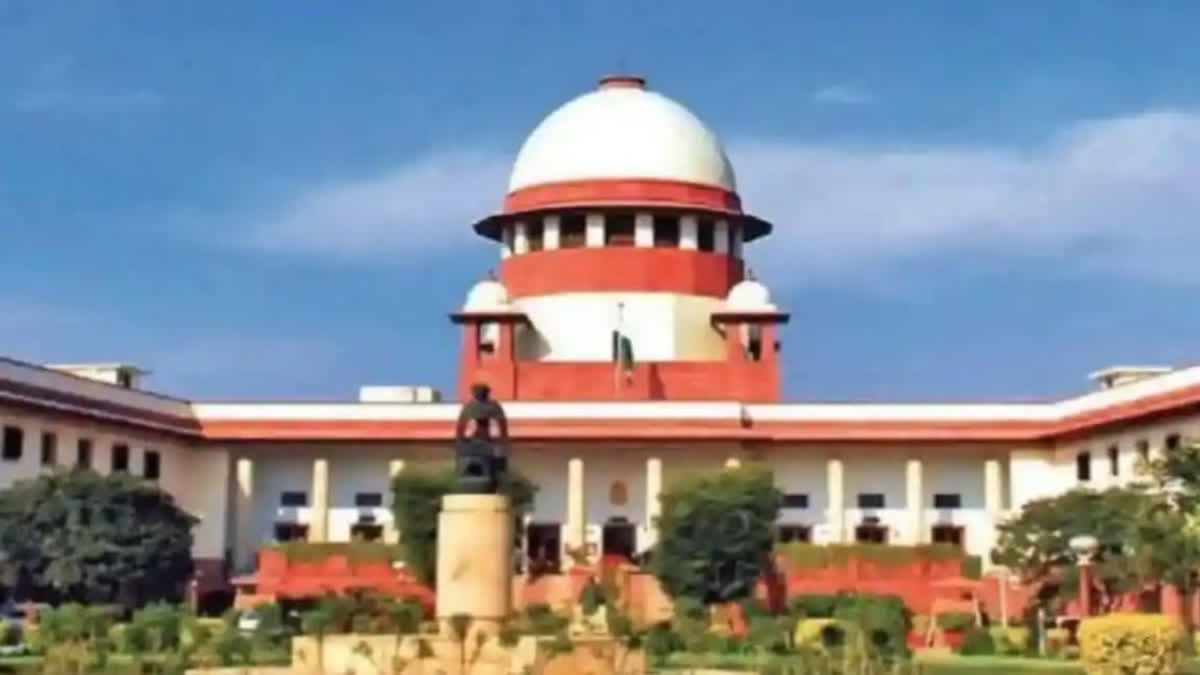New Delhi:The executive committee of the Supreme Court Bar Association (SCBA) has condemned a letter written by its president, senior advocate Adish C Aggarwala, urging President Droupadi Murmu to seek presidential reference of the apex court judgment in the electoral bonds scheme case and also not to give effect to it unless the top court has reheard the matter.
On Tuesday, Aggarwala, in his letter to the president, said, revealing the names of corporates that had contributed to different political parties would render the corporates vulnerable for victimisation. The SCBA, distancing itself from Aggarwala’s letter, said the entire seven-page letter, having been printed on the letterhead of the All India Bar Association, appears to have been written by Adish C. Aggarwala in his capacity as the chairman of the All India Bar Association.
“However, it is noticed that below his signature on said letter he has inter alia mentioned his designation as President of the Supreme Court Bar Association”, said a resolution issued by SCBA’s executive committee.
The SCBA’s executive committee said it has become expedient for it to make it abundantly clear that the members of the committee have neither authorised the president to write any such letter nor do they subscribe to his views as expressed therein. “The Executive Committee of the Supreme Court Bar Association further views this act as well as the contents therein as an attempt to overreach and undermine the authority of the Supreme Court of India and unequivocally condemn the same”, said the SCBA’s resolution.
Aggarwala requested the president to seek presidential reference in the electoral bonds case, so that the entire proceedings could be reheard and complete justice could be done to “Parliament of India, political parties, corporates and the general public.”
The bar leader said that Article 142 confers upon the Supreme Court the inherent power to render ‘complete justice’. “The Hon’ble Supreme Court of India, therefore, should not allow itself to deliver judgments that would create constitutional stalemate, undermine the majesty of the Parliament of India, the collective wisdom of the people’s representatives gathered in the Parliament and create a question mark over the very democratic functioning of political parties themselves”, he said.
